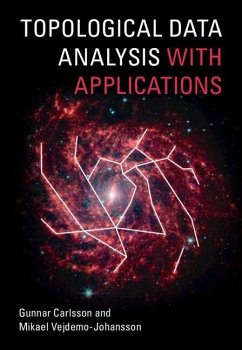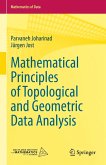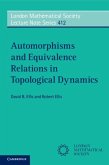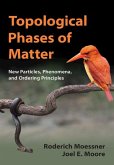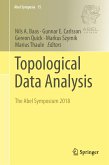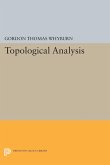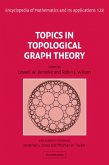The continued and dramatic rise in the size of data sets has meant that new methods are required to model and analyze them. This timely account introduces topological data analysis (TDA), a method for modeling data by geometric objects, namely graphs and their higher-dimensional versions: simplicial complexes. The authors outline the necessary background material on topology and data philosophy for newcomers, while more complex concepts are highlighted for advanced learners. The book covers all the main TDA techniques, including persistent homology, cohomology, and Mapper. The final section focuses on the diverse applications of TDA, examining a number of case studies drawn from monitoring the progression of infectious diseases to the study of motion capture data. Mathematicians moving into data science, as well as data scientists or computer scientists seeking to understand this new area, will appreciate this self-contained resource which explains the underlying technology and how it can be used.
Dieser Download kann aus rechtlichen Gründen nur mit Rechnungsadresse in A, B, BG, CY, CZ, D, DK, EW, E, FIN, F, GR, HR, H, IRL, I, LT, L, LR, M, NL, PL, P, R, S, SLO, SK ausgeliefert werden.

